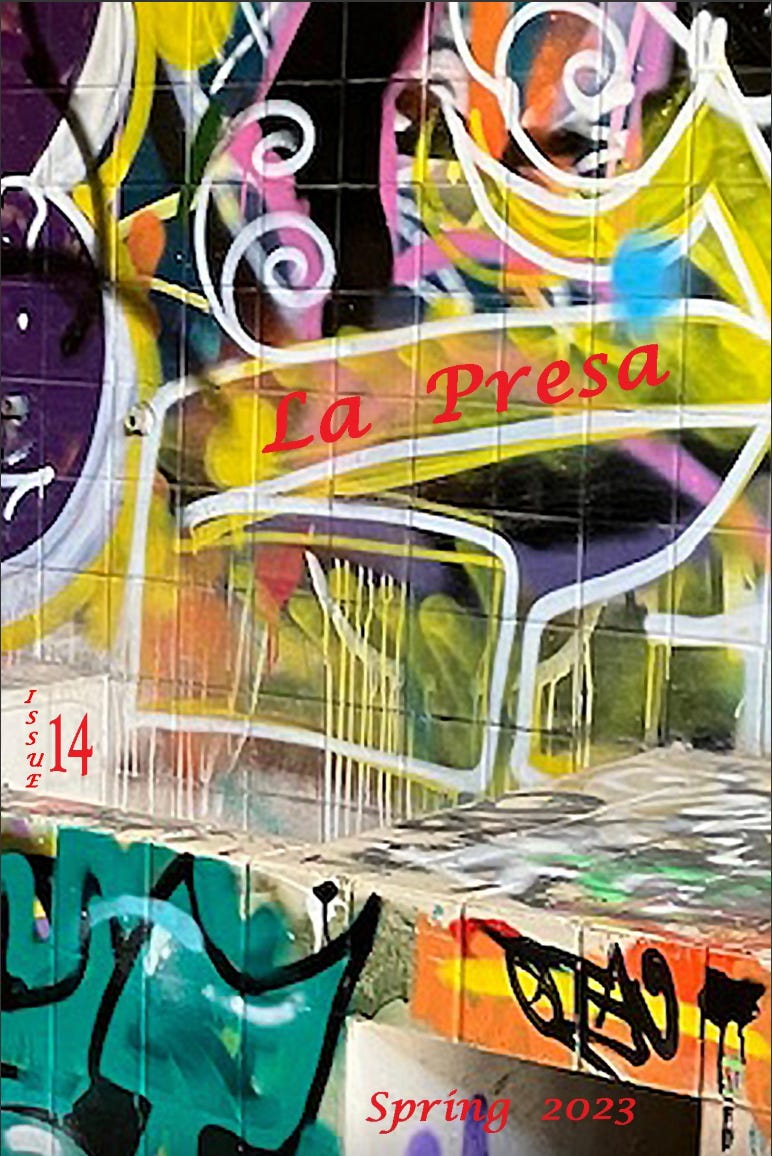Translators: Our greatest ambassadors
Among the things we readers might take for granted in our reading lives is the importance of skilled translators. I studied linguistics in college. We covered Chomsky’s Generative Grammar, language development in children, and, importantly, phonetics. Phonetics provides a morphological sound bridge that represents language in a neutral notation of sound-script; the music and rhythm of words dissected in a rather dry but precise academic mold. Back then, Alexander Pope was considered the poet who came closest to the syntactical nuances and morphemes of spoken English in his lyrical word-strings. I love Pope, but how this assessment was made still baffles me. Most of us are not polyglots, yet we read works like the Illiad, Don Quixote, Swann’s Way and War and Peace. As we know, some translations are better than others. But what constitutes better? In the case of great prose—and poetry in particular—translation becomes a complicated affair. How to convey a metrical line, a metaphor that may not exist in your own language, an enigma that adds to the luster and colorful shape of the poem and provokes the reader’s imagination? After all, it is the reader who inhabits the poem. Great translations capture our imagination, and more importantly, bring varying historical periods and cultures together in a unique way that can transport beauty and sublime art across different societies. What other endeavor carries so much weight in a complex world of war and political division? There are different ways to view translations. Some notable and recent achievements in the novel form include Edith Grossman’s translation of Don Quixote, Pevear and Volokhonsky’s War and Peace. Wyatt Mason’s translation of Rimbaud’s Season in Hell leaves my jaw hanging. But what is really going on here? I used to think that the great poet Seamus Heaney gave the final word on Beowulf, exceeding Tolkien and then some. My mother bought me my copy as a birthday gift when it was first published. It floored me. But I came to realize that what I loved most was Heaney the poet, his ear for the inflections of Northern Irish speech and the way he transformed the non-iambic Anglo-Saxon epic into the language of his homeland. Heaney’s great lyrical work includes lines like this one: "He is hasped and hooped and hirpling with pain, limping and looped with it…" I can hear the voices of the men of Armagh or south Down that I met on a trip to the North in 1997. This is Heaney’s linguistic wheelhouse and he delivers the translation with the best of his prosodic powers. Then I read Bertha Rogers’ translation of Beowulf and found something quite different. What if we want to hear what the spoken, pre-iambic, Anglo-Saxon sounded like? Might we capture the voicing of the oral tradition of that great epic? It is hard to find anything that approaches the fidelity of Bertha Rogers’ great work. What provoked this little jag for me was the publication of one of my poems, #87CEEB (the hexadecimal value for the color we see above us on a clear day), in the international journal La Presa, translated by John O’Shea. This delightful journal is edited by the poet, Lee Gould. In La Presa, poets write in Spanish or English and translators present the work in both languages. I am humbled by the remarkable achievement of the translators; I don’t think it can be underestimated. I leave you here to enjoy the delicate multi-lingual wordsmithing in this latest edition of La Presa. My poem appears on page numbers 6 and 7. You will also find the work of the noted poet Djelloul Marbrook, on pages 34-37. Other notable poems include Iván Mata’s Se Busca, translated by Lee Gould, as well as Margaret McGavin’s, IT, translated by Laura Michele Garcia. Reading the journal cover-to-cover ain’t bad either. Suggested reading: The Journal La Presa, spring 2023. Issue #14, Editor, Lee Gould A Season in Hell & Illuminations, Arthur Rimbaud, translated by Wyatt Mason. The Modern Library Beowulf, by Anonymous, translated by Bertha Rogers, Birch Book Press.


